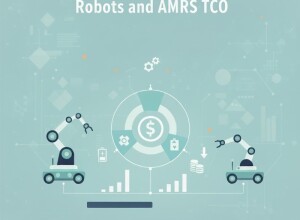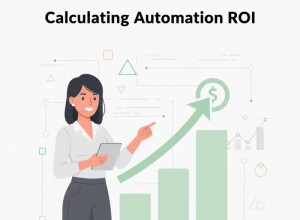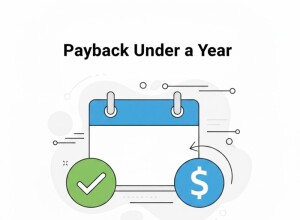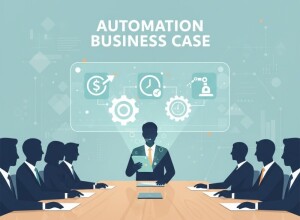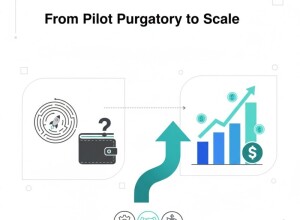AI vs. Automation: What’s the Difference?
Artificial Intelligence (AI) and automation are related but distinct concepts. Understanding the difference helps organizations and individuals leverage each effectively.
What is Automation?
Automation involves using technology to perform repetitive or rule-based tasks without human intervention. Examples include manufacturing assembly lines, robotic process automation (RPA), and workflow automation software.
What is Artificial Intelligence?
AI refers to machines capable of performing tasks that normally require human intelligence, such as learning, reasoning, and decision-making. AI can adapt to new data, recognize patterns, and make predictions.
Key Differences
- Flexibility: Automation follows predefined rules, while AI can learn and adapt to new situations.
- Decision-Making: Automation executes tasks automatically; AI can make intelligent decisions.
- Complexity: Automation is suitable for repetitive, predictable tasks; AI handles complex, variable tasks.
How AI and Automation Work Together
AI enhances automation by enabling intelligent decision-making. For example, in customer service, AI can analyze messages and automatically route requests to the right department, combining automation with adaptive intelligence.
Applications
- Manufacturing: Automated production lines with AI-driven quality inspection.
- Finance: Automated trading with AI predicting market trends.
- Healthcare: AI-powered robotic surgery combined with automated workflow systems.
- Retail: AI-driven inventory management integrated with automated restocking.
Learn More
Related articles:
Navigation
Continue exploring AI resources:























